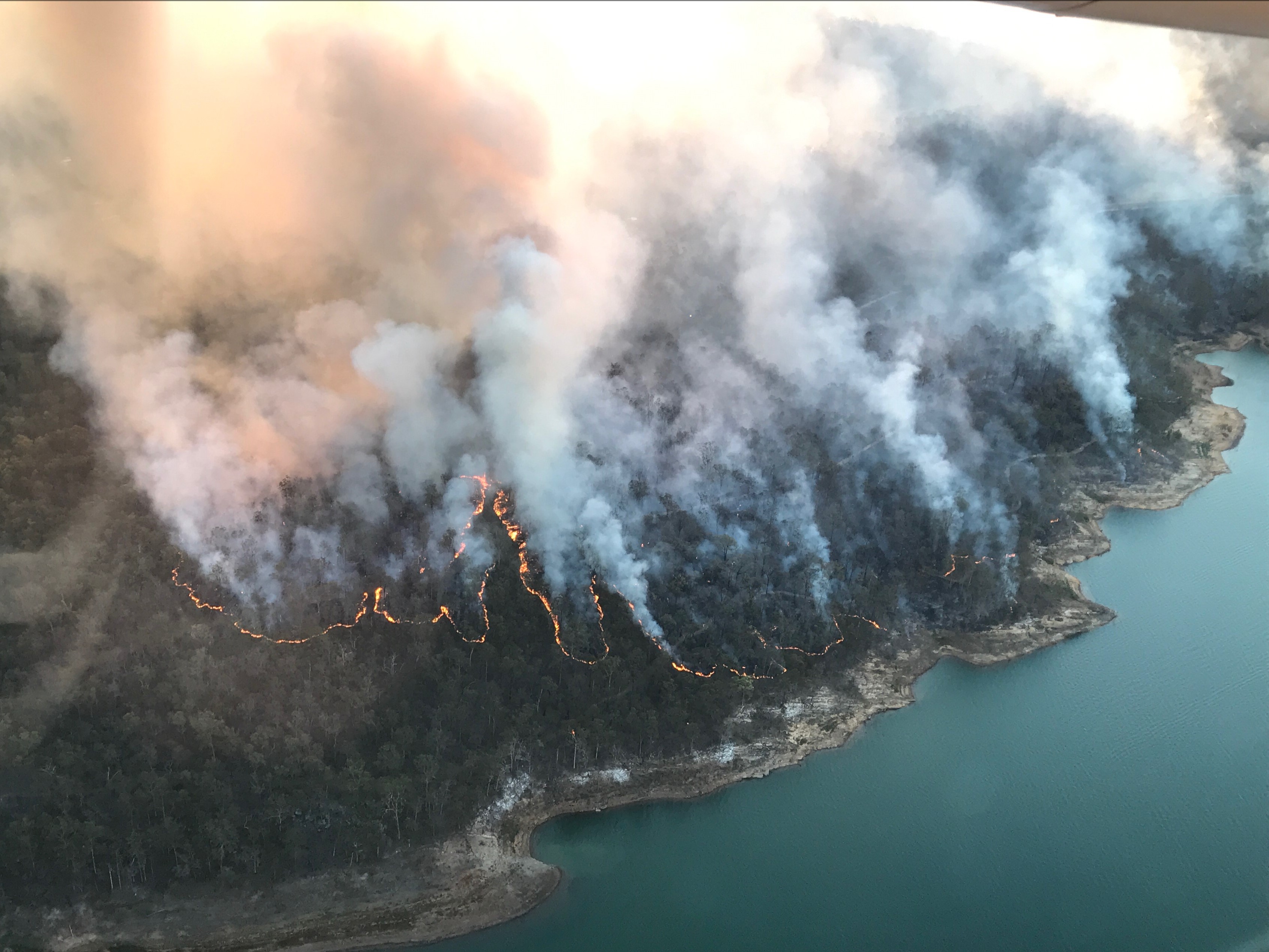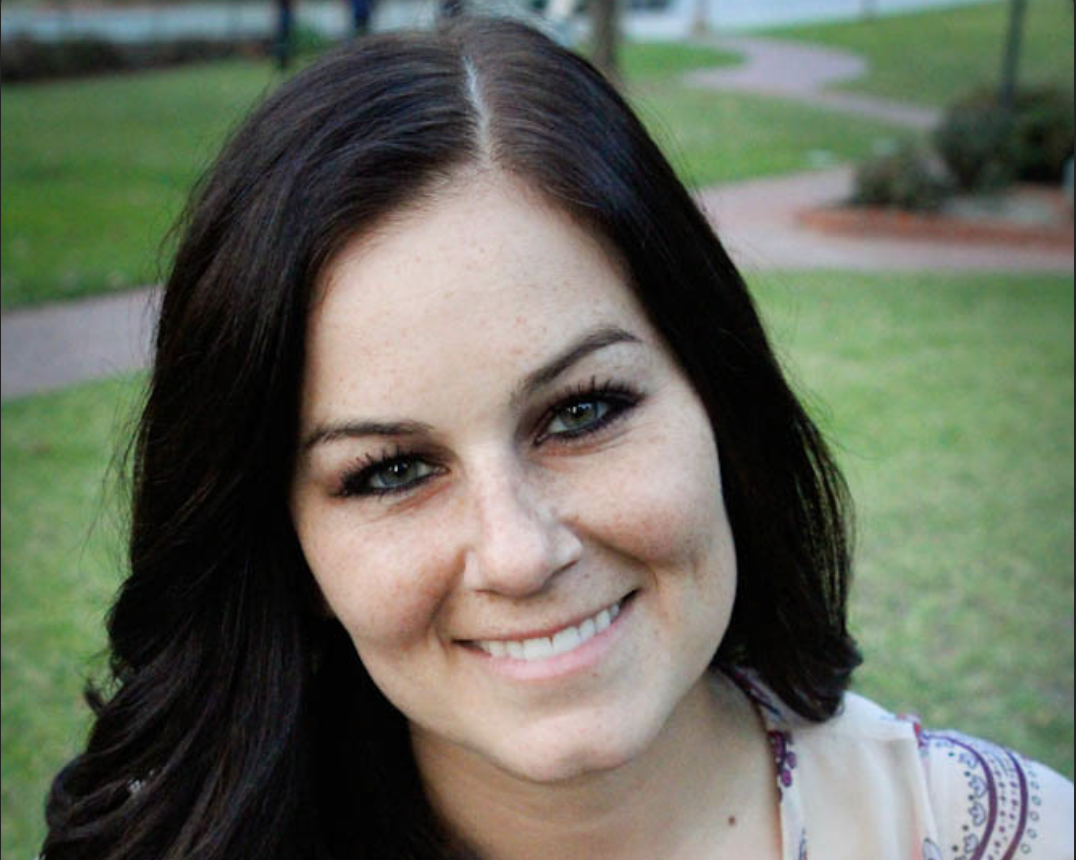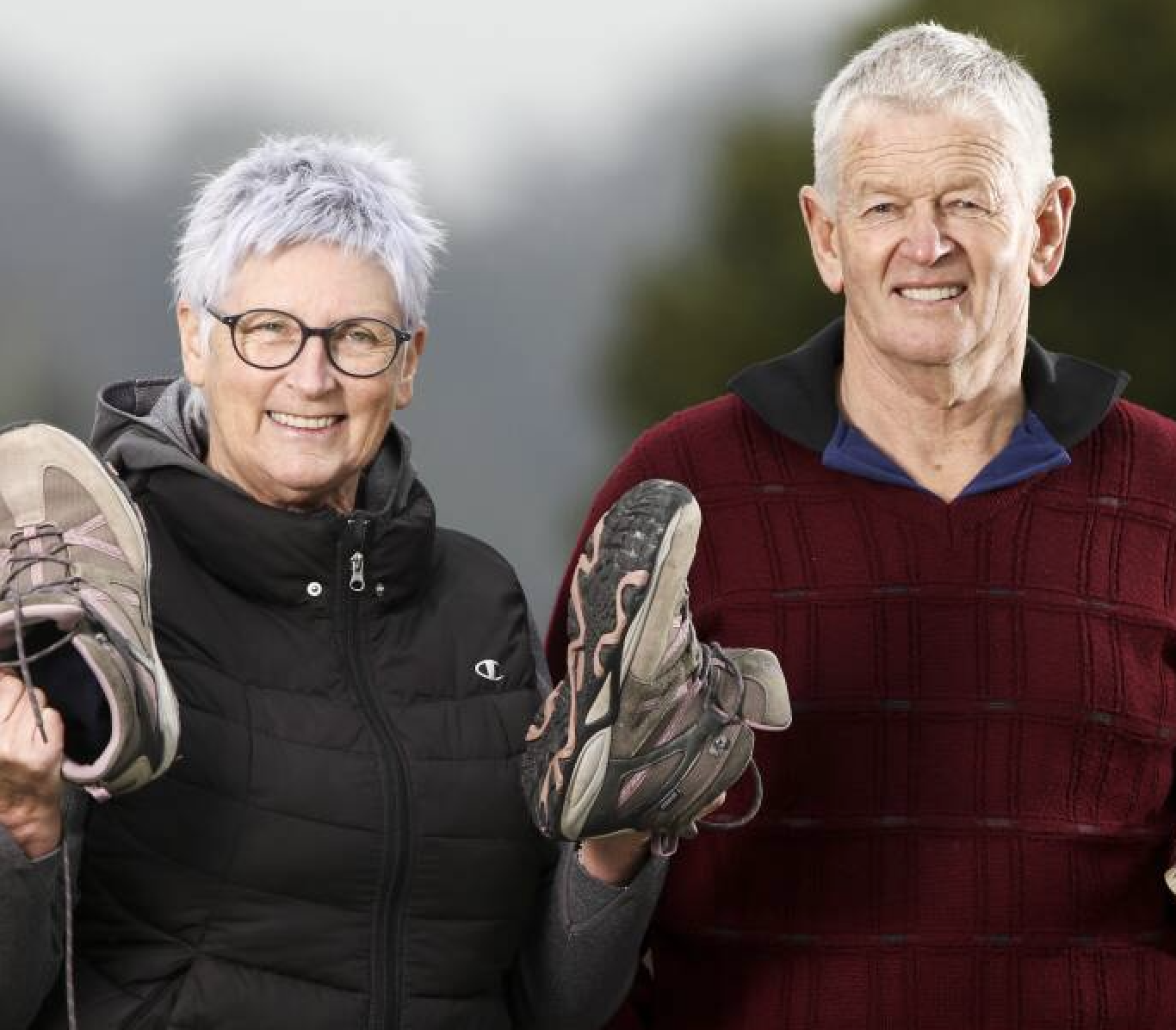Black Summer Bushfires (NSW 2019-20)
Duration and Scope
The Black Summer bushfires in New South Wales (NSW) spanned from July 2019 to March 2020. They burned over 5.5 million hectares, equivalent to 6.2% of the state's area.
Human Impact
The fires resulted in 26 fatalities and the destruction of 2,448 homes, along with significant damage to infrastructure, including bridges, schools, and telecommunications.
Environmental Impact
Over 11,400 individual fires contributed to the destruction of forests, national parks, and agricultural lands. An estimated 3 billion animals were killed or displaced, leading to severe ecological consequences.
Response and Management
The NSW Rural Fire Service (RFS) led firefighting efforts, supported by interstate and international personnel. More than 17 fires reached the "emergency warning" level, the highest alert, indicating extreme danger.
Economic Impact
The insurance claims related to the bushfires totaled $1.88 billion, reflecting widespread property and economic loss.
Public Health
Smoke from the fires caused significant air quality issues, contributing to health problems for many residents, including respiratory conditions.
Community and Recovery
Recovery efforts involved both immediate relief and long-term rebuilding of affected communities, with a focus on resilience and preparedness for future fire seasons.
Watch This Video
What it looked like

Bushfire Survivors' Stories

Rachel Marks - Canberra, 2003
"It was a whole-body experience. You've got the smell of the smoke, the sight of it and then it gets dark … between the sound of the fire and the roar of the wind, it was just massive."
"While we were still there, dithering, the power went out. It was pitch black — at four in the afternoon."
"We heard the Duffy service station blow up. We could hear gas bottles from barbecues blowing up. It was just a roar … there's this constant, almost threatening sound."
"I couldn't sleep that night. I was covered in fear sweat and every time I heard a car go past, I thought 'The ranger's come to tell us to evacuate. It's coming'. It was pretty horrific."
"We were going past people's burnt houses. It felt surreal, like something you'd see in a movie. People walking around, dazed, wondering 'What the heck do we do now?'"
"Even though it hadn't hit my house, it hit my community, and you pick up what people are feeling."

Sue and Ashley Popowski - Nelson Bay, Tasmania, 2016
"There was a fire out in the distance … and the wind was coming this way. We thought 'Oh, we're in trouble here'."
"We had wet towels, we had goggles and glasses to put over our faces. Ashley and I were quite lucky that we had fire protection."
"At 4 am their neighbour appeared and said 'It's here'."
"We doused down the shed at the back, the pump shed which is all timber and also the decking … we'd put everything away … thinking 'Well, when it does come, we'll just shut all the doors and we'll go'."
"We could see the flames coming over the back and we thought 'It's time'."
"All I can remember is that it was really, really dark but it had this massive white glow in the middle, and then oranges and reds. It was just a mass of colour."
"The smoke and the ashes were just horrific."
"It was a bit too close. We were safe but our heritage wasn't."
"We still have not got the amount of animals that we used to have before the fires. We see the odd wombat or the odd wallaby. But it was such a harsh burn that there's no grass. It's just weeds and rushes. Trees are obviously still struggling."

Graham Simpson - Cockatoo, Victoria, 1983
"It burnt up the hill and then the wind change came through at 100-plus kilometres an hour. There was no way we could stop it with a small truck."
"It was absolute bedlam here. People trying to get out on the night. I was trying to clear the traffic … I was at the intersection here, telling everyone to go to Gembrook. So they went up to the footy ground up there. Fortunately, there was no fire up there."
"The power's gone out, it's stinking hot, the wind is blowing through, the only light is from the flames. There were people on the roof … stamping [the fire] out."
"My wife and two small children were in there at the time. I was off fighting the fire. I didn't know where they were."
"It took just 20 minutes for the fire to rage through Cockatoo, killing six people and destroying more than 300 buildings."
"I wasn't there to save it [but] I was more prepared. I practise what I preach. Keep the gutters clean. Don't plant plants right up against the house. Stack the firewood on the back veranda."